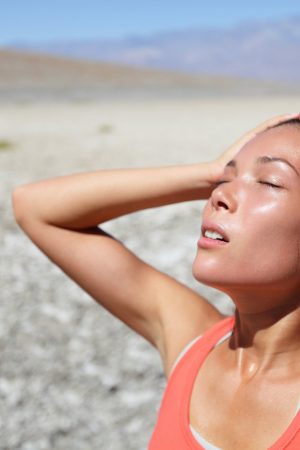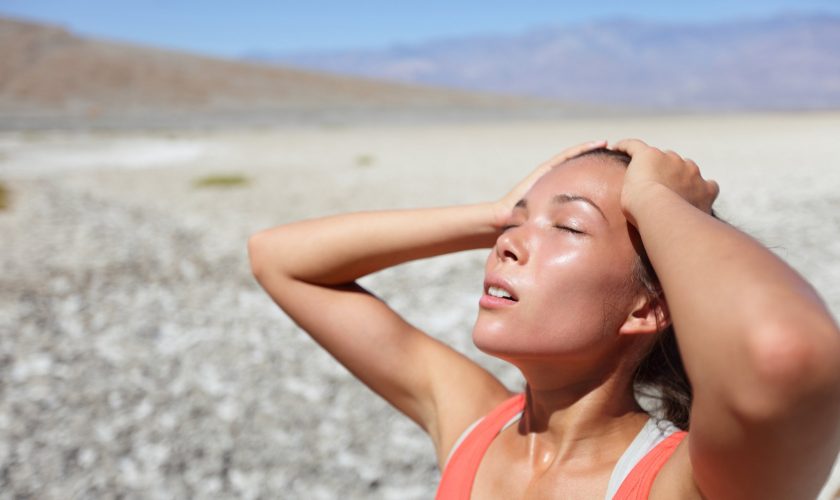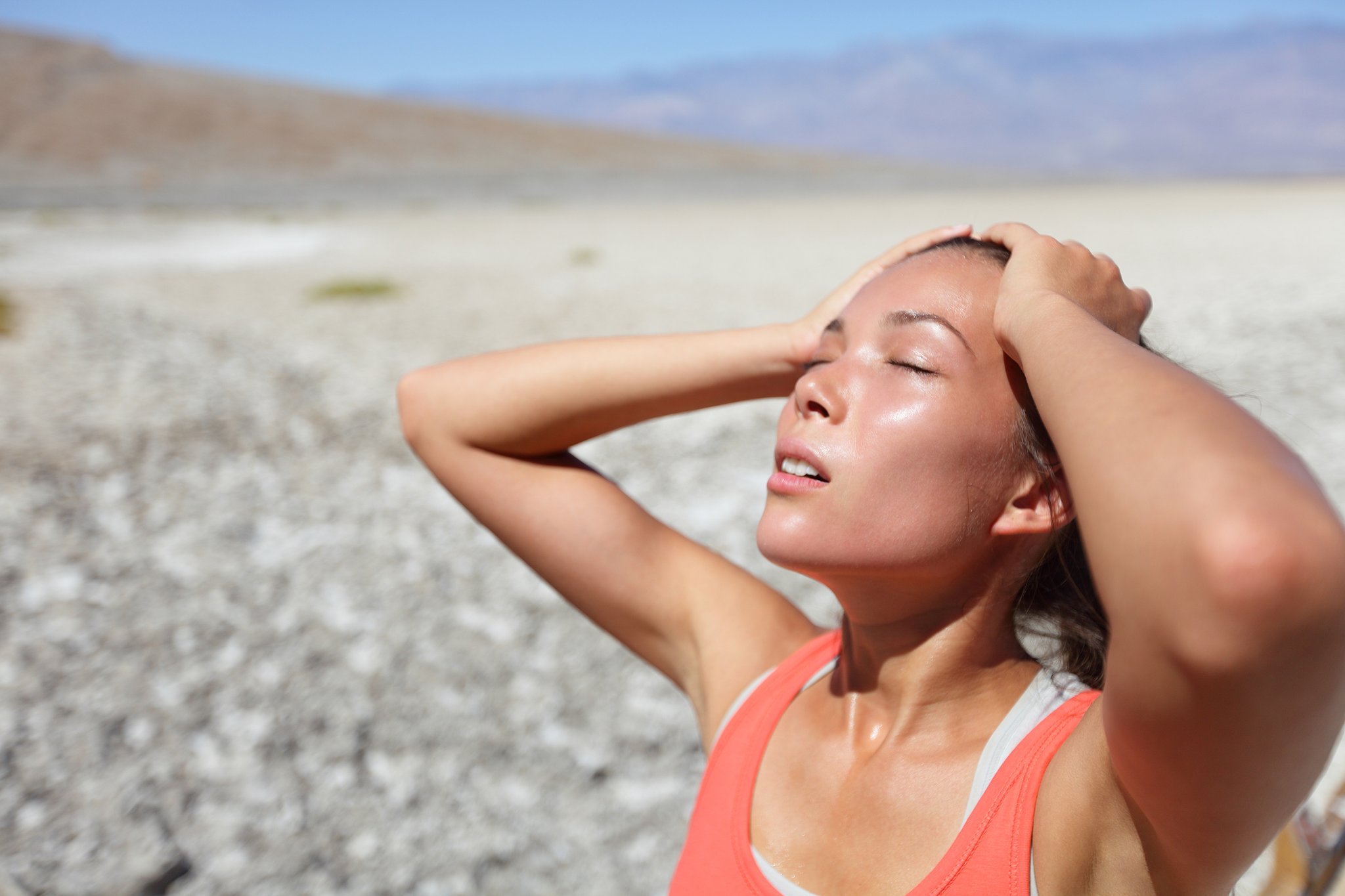If you are an exercise enthusiast, or if you are overweight, you have probably experienced skin chafing, the annoying and often painful result of skin rubbing against skin or clothing. Chafing can occur anywhere on your body, but the thighs, groin, underarms, and nipples are particularly vulnerable.
Anyone can experience chafing, but some people are more prone to developing sore, red patches of skin. If you’re an avid runner or athlete, if you’re overweight, or if you frequently wear dresses or skirts in very hot, humid weather, you may notice that you experience the symptoms of chafing quite regularly.
Causes
Skin is tough enough to withstand some friction and rubbing without problems, but there’s a limit for everyone. There are a lot of everyday contributing causes:
- Clothing that is too tight or too loose
- Long distance activities like running or cycling
- Excess moisture from sweat or water sports
- Fabrics that don’t wick moisture away
- Overly developed muscles from exercise
- Repetitive movements
- Sensitive skin
- Heat and hot weather
- Tight-fitting shoes or heels
- Sand
- Extra body weight
- Salt residue on skin from sweat or ocean water
Remedies
Ice packs
Applying an ice pack to the chafed area as soon as you notice redness and irritation helps to reduce chafing and help heal it quicker.
Aloe Vera
Aloe Vera is known for many medicinal properties. To treat chafing take Aloe Vera gel and apply to the affected area. It almost starts healing instantly, giving relief from the itching and burning sensation.
Turmeric powder
Turmeric is a spice that’s well known for treating skin disorders. It contains an active ingredient known as curcumin which possesses anti-inflammatory and antibacterial properties.
Baking Soda
Baking soda helps reduce itching and pain associated with chafed skin. Its healing properties can help treat chafing quickly and even reduce the risk of infection.
Honey
Honey not only sweetens the mouth, but it has excellent healing and antibacterial properties too. Apply honey to the affected area; it helps to remove the inflammation caused due to chafing.
Tea tree oil
Tea tree oil can help protect against infection and also speed the healing process.
Olive Oil
Olive oil is a very powerful moisturizer, hence it can be used to treat chafed skin. Plus, it facilitates the healing process due to its rich vitamin E and antioxidant content.
Coconut Oil And Ghee
Take some basil leaves and extract some juice from it. Taking some coconut oil in a small bowl and mix this along with the basil juice. Apply this mixture to the affected area in the night before you go to bed. The properties of the coconut and basil heal the chafing and also help in reducing the inflammation.
Cornstarch
Excessive sweating can make chafing worse because sweat contains minerals that can further irritate the skin. Cornstarch absorbs moisture, so it will help keep your skin dry and reduce friction.
Prevention
As anyone who has endured an excruciating postrun shower on freshly grazed skin knows, prevention is key. Here’s what works.
Ditch cotton
It absorbs sweat and stays wet. Wear synthetic, wicking fabrics.
Go seamless, tagless
Seams and tags on a shirt or bra can cause irritation.
Get a proper fit
A too-snug sports bra can dig in; the excess material of a baggy shirt can rub you raw.
Protect your legs
Compression shorts can save your inner thighs from abrasions.
Cover ‘em up
Nipple protection is critical for guys. NipGuards and Band-Aids are common shields.
Get greasy
Apply lubricant to chafe-prone body parts. BodyGlide and petroleum jelly–based products are classic salves. When heading out for a long run, stash ChapStick or a travel-sized deodorant in a pocket.
Hydrate
“Drinking minimizes the salt concentration of sweat. Salt has a sandpaper effect on skin,” says Fayne Frey, M.D., a dermatologist in West Nyack, New York.
Moisturize
“Skin that’s well moisturized—apply lotion twice daily—is less prone to chafing,” Frey says.



